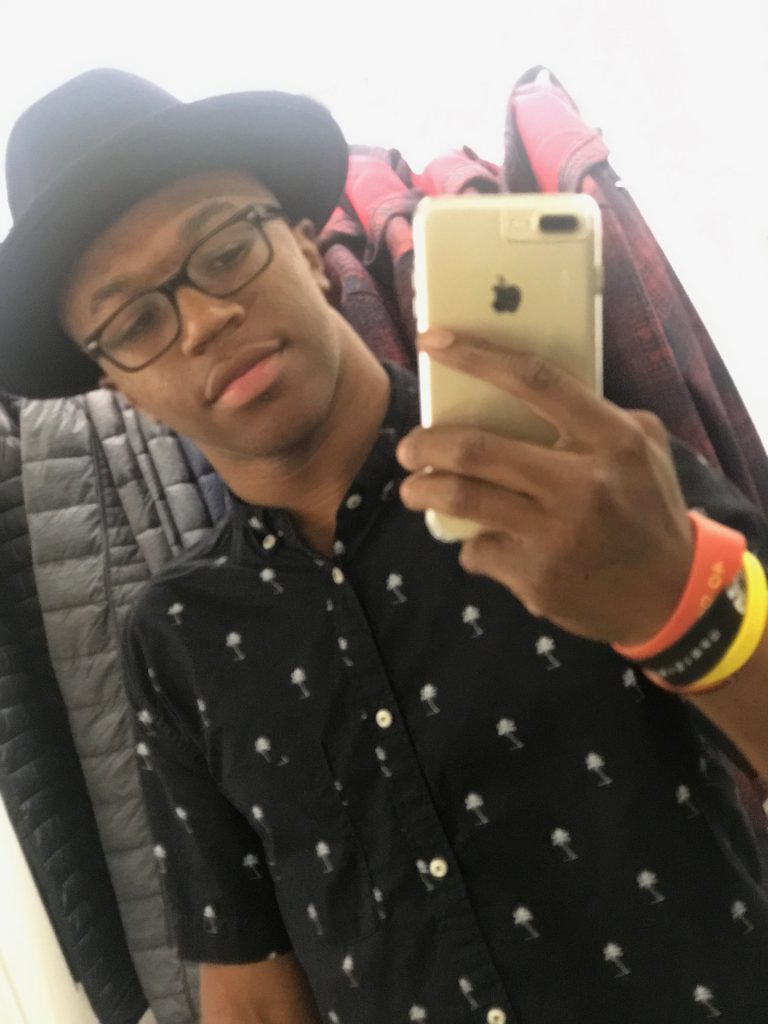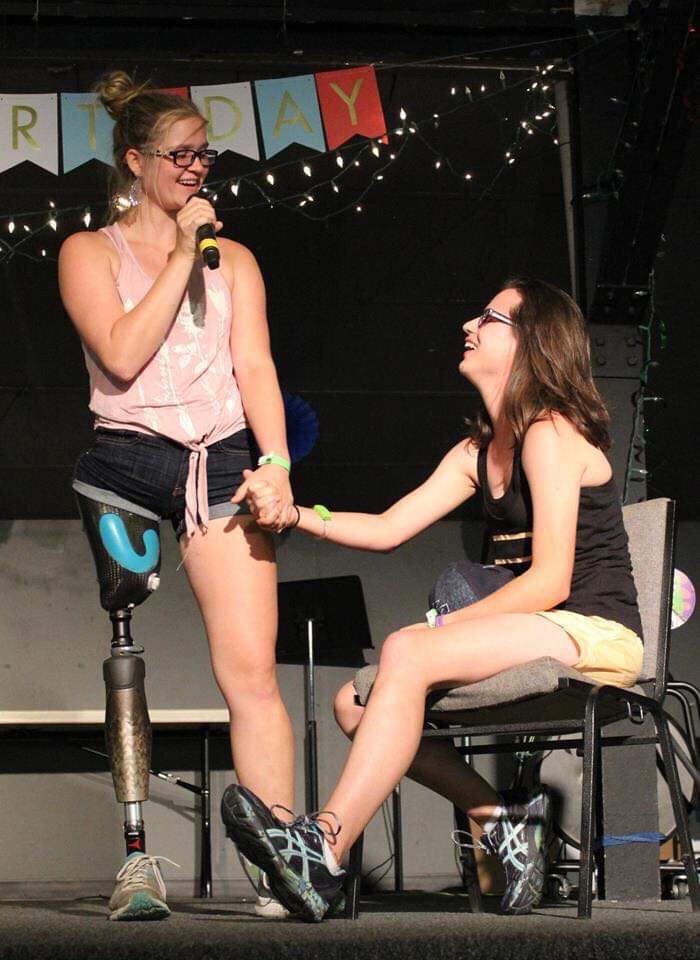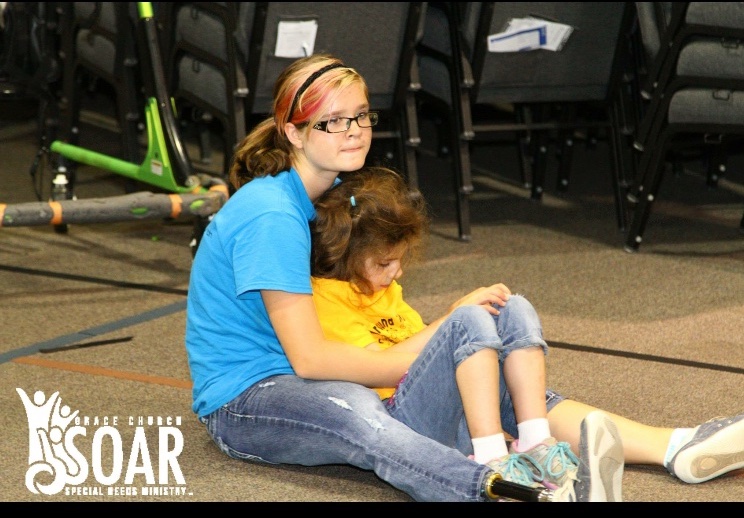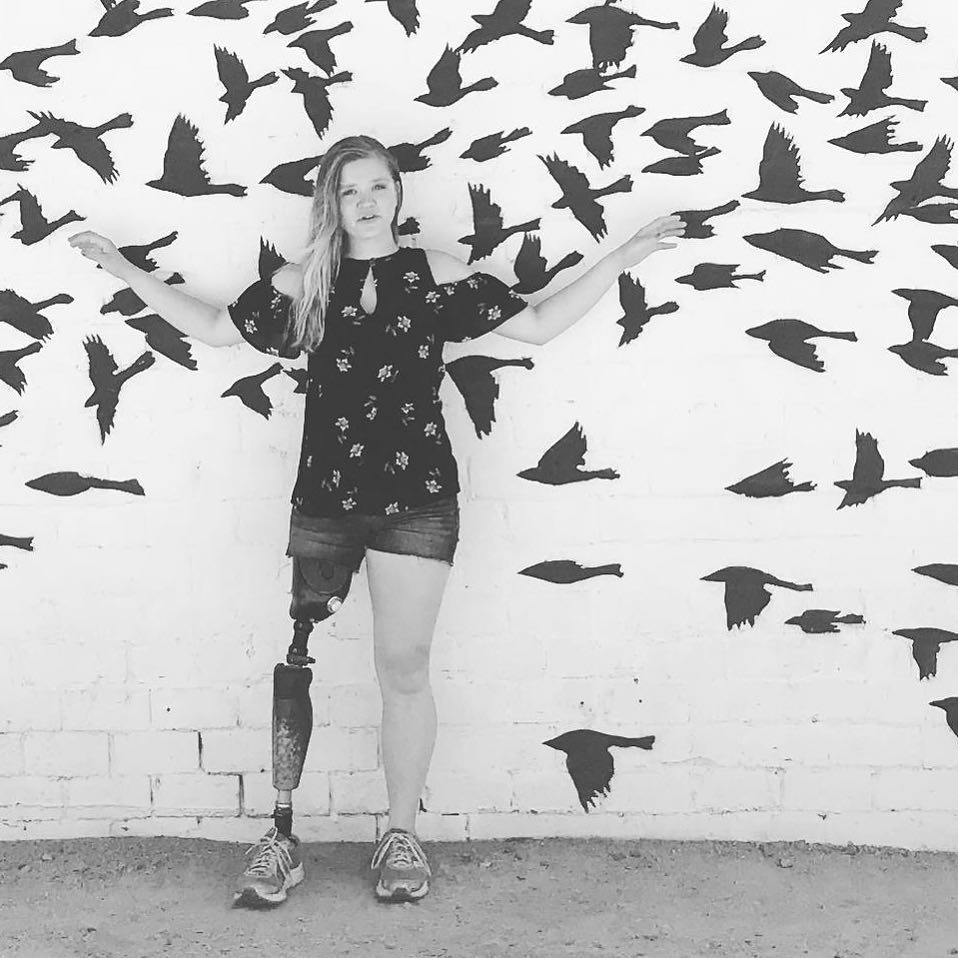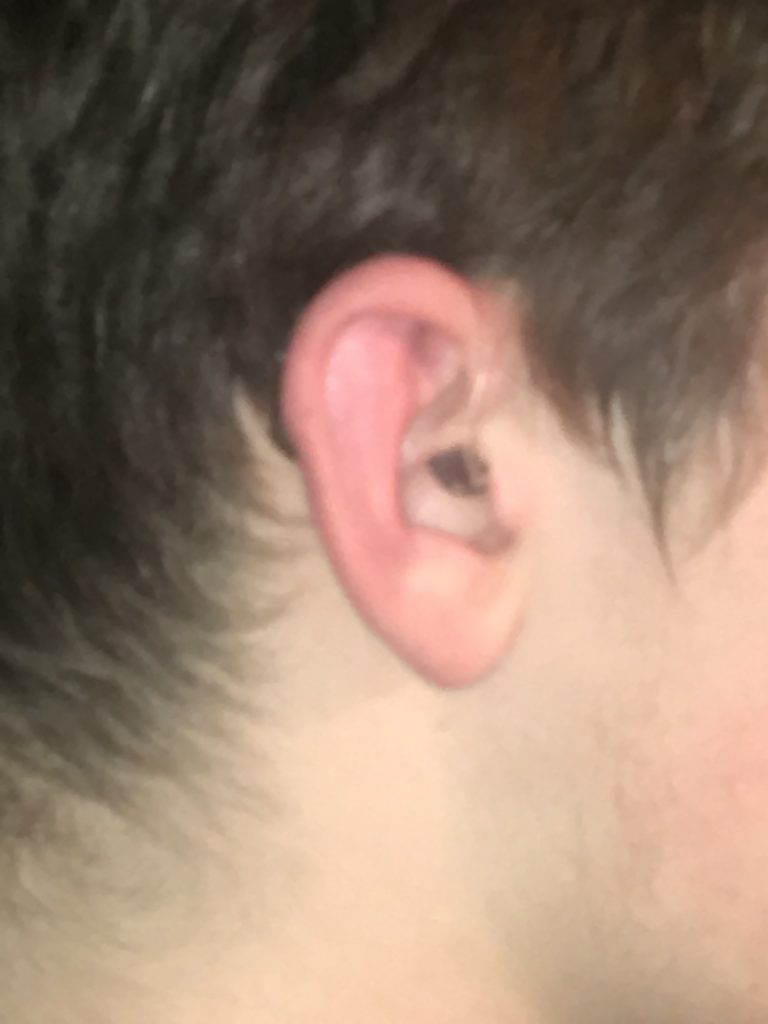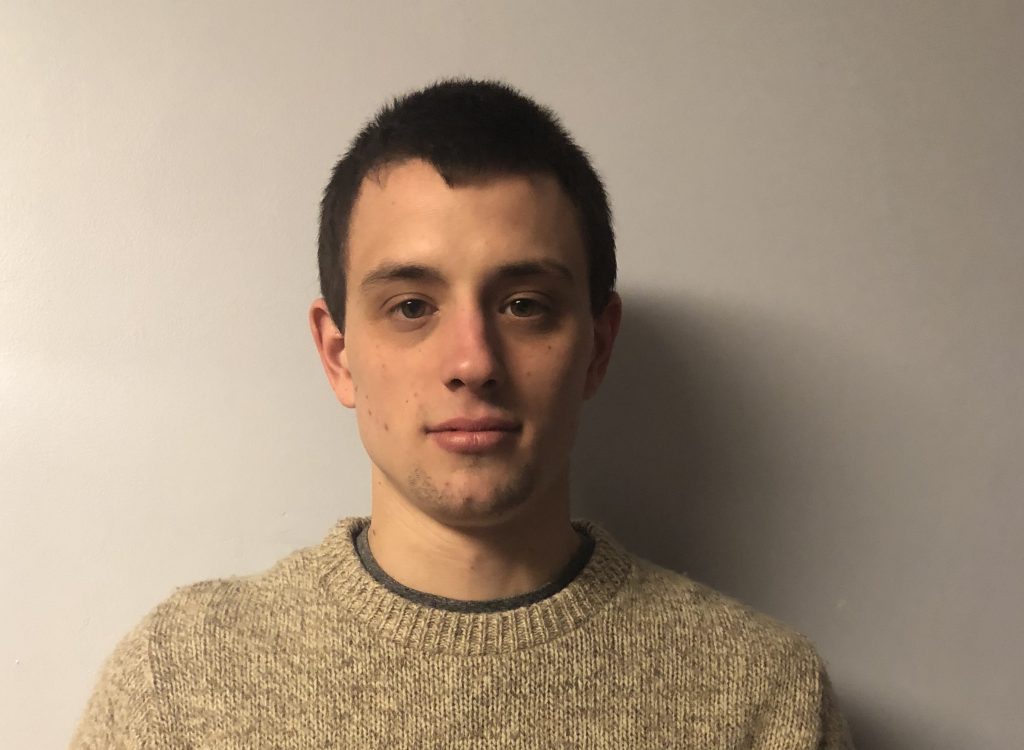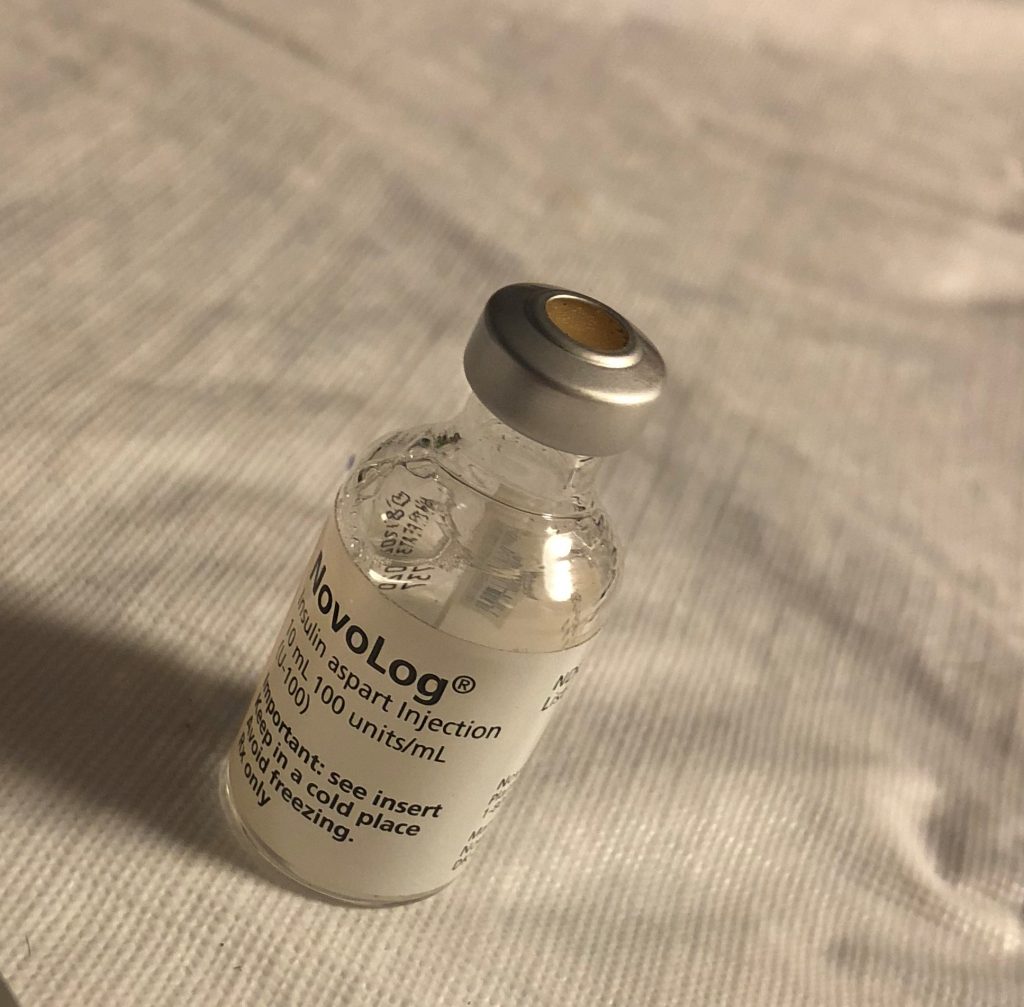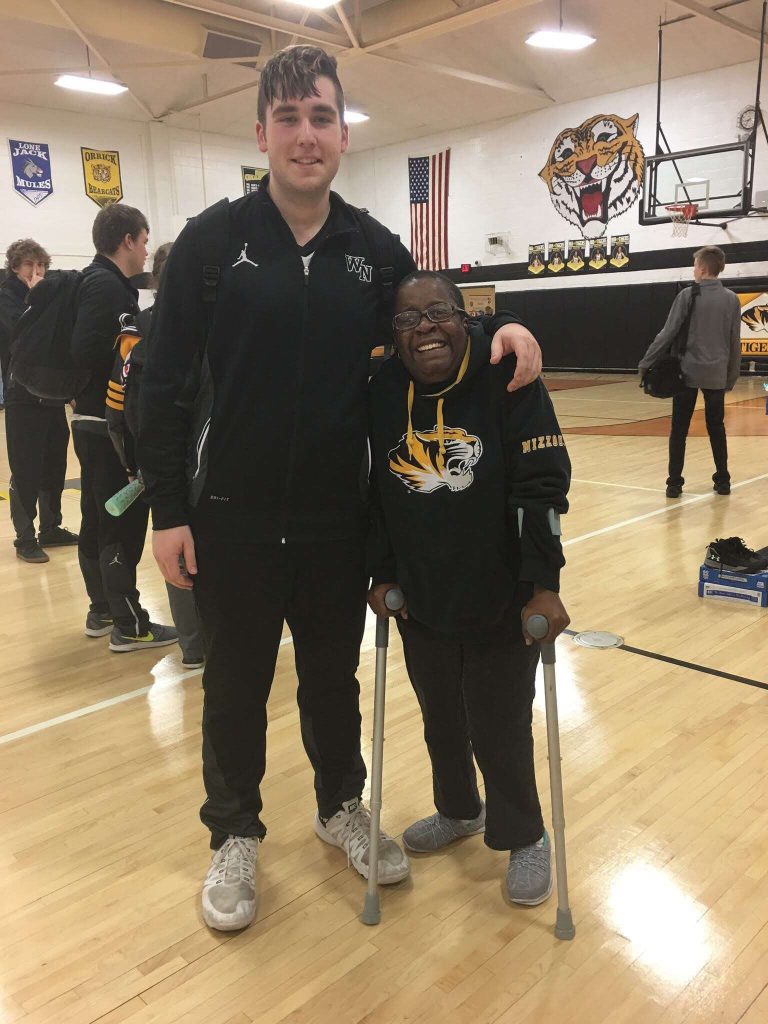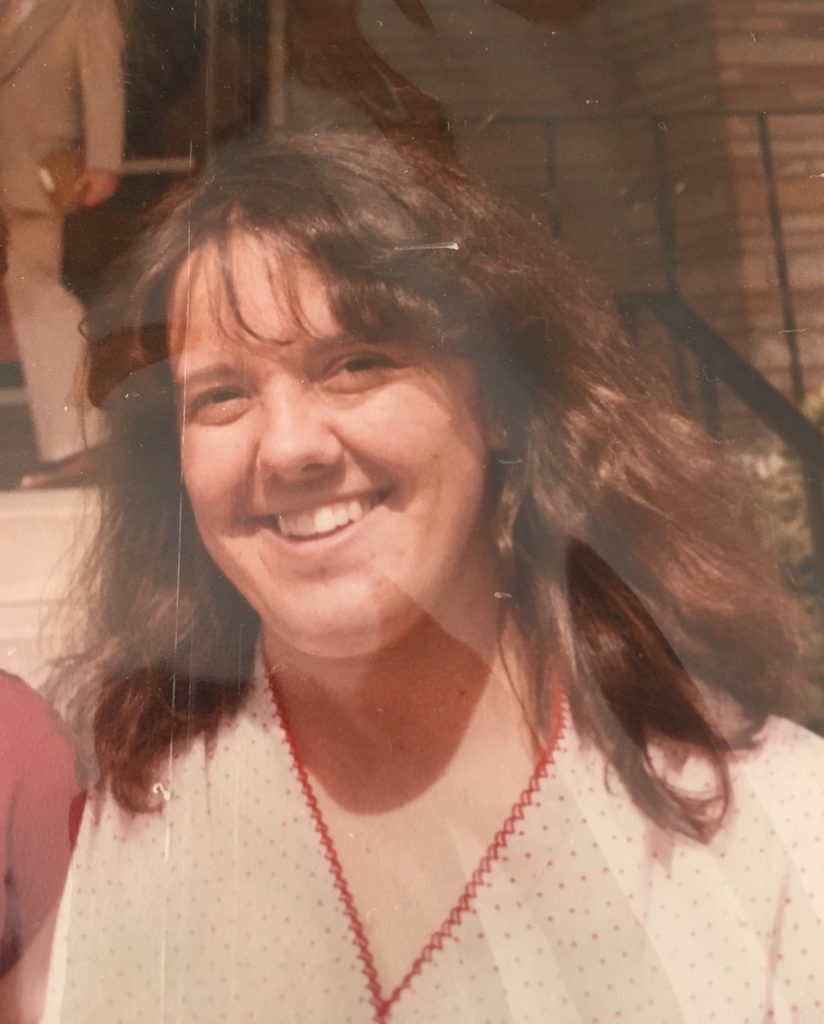Disability comes in many forms. A person with vision impairment can be considered disabled. A person who is deaf can also be considered disable. Disability can be mental, physical, intellectual, etc. Jane has been struggling with disability since she was in eighth grade. Unlike the stereotypical view on the disabled community, the disability she suffers from is invisible. She suffers from multiple medical conditions, such as celiac disease, eosinophilic esophagitis, cataract, and arthritis, that have kept her in pain throughout her life.

When I first met Jane, she seemed like a bright, optimistic ordinary nineteen-year-old college student. Slowly, we became friends, and I learned of the several medical conditions that she has. Jane had a rough high school experience – an experience I could only imagine. In ninth grade, Jane missed a lot of school – to the point where she received multiple letters from her high school notifying her that she was on the verge of being expelled. Her many visit to the doctor’s office and her physical conditions have often hindered her from attending school consistently. After setting up a disability action plan, one particular teacher did not follow through with Jane’s plan by not giving enough extension for her homework assignment. In the interview Jane says, “to have someone say that you should’ve been able to do it when literally the day before I was fading in and out of consciousness cause I was sedated or I could not separate myself from the toilet …to have people downplay my struggle because they don’t experience it, that is by far the most annoying things about being disabled,”(20:23). I think it was wrong for the teacher to not thoroughly read Jane’s disability action plan. I think it’s important that a teacher communicates with a student especially those who suffer from health conditions that impacts their school life. Other than her health conditions, her disability has also greatly affected her academic and social life. Her absence at school caused her grades to drop and making friends was not easy for her.
While Jane’s high school experience wasn’t the best, her disability has allowed her to become more independent and mature than other students. For example, because she missed many lectures due to her health conditions or going to the doctor appointment, she learned to teach herself the materials taught in school by reading the textbook. In the interview she explained that her disability has allowed her to understand from early on that, while lectures at schools are important, reviewing and teaching yourself the concepts outside school is just as important. This reminded me of Zygie and Sol Allewis from the book “They Were Just People” by Bill Tammeus and Jacques Cukierkorn. In the book, when the Germans occupied Poland in the 1940, Zygie and Sol Allewis had no choice but to become independent and mature in order to fend for themselves. While Jane’s situation did not involve the Germans, she only had herself to rely on to keep up with school.
When I asked Jane the biggest challenge she still faces today, she answered, “It’s hard for me to explain how they [her disability] impact my life to other people who are not disabled because a lot of the symptoms that I experience are very common symptoms.”(13:07) For example, in her organic chemistry lab she had to separate two clear solutions. The problem was she couldn’t see where one clear layer ended and another clear layer began. After she had separated one layer from the other, she asked her TA if she had gotten all of the bottom layer out because she could not see. Then, the TA gave her a funny look and asked for clarification. When Jane told him that she has bad vision, he jokingly responded “I understand, I too have nearsightedness”. This is when Jane told her TA that she has cataracts. Shocked, he responded “I did not expect it,”. Her TA was shocked by the fact, Jane, who looked like a healthy student, had cataracts, which is uncommon among young adults. This is an example of how she has to constantly explain herself. Aside from poor vision, other symptoms that Jane suffers from are stomach pain, joint pain, migraines, etc. While these are all common symptoms that many individuals can encounter once in a while, for Jane it is result of her multiple medical conditions that affect her daily life. Because it is hard to explain the disability she has, Jane rarely talks about her medical conditions to other people.
While, it has been difficult for Jane, her visit to the doctor’s office have also been challenging. In the interview she recount an event that happened in her senior year of high school during a doctor’s appointment. She remembers that the doctors were telling her that she was perfectly healthy because she was young – when she was not. In response to that event she explains, “That was the most frustrating event in my life because I had that happen in eighth grade when I got diagnosed with celiac disease, I had that happen in freshman year when I got diagnosed with eosinophilic esophagitis. I had all these problems and the doctors would say oh you’re seventeen, eighteen nothing’s wrong with you,”(14:50). I was shocked when I heard this. To dismiss the pain that Jane was experiencing because of her age, it couldn’t have been more frustrating for her.

Strength motivates an individual, to push themselves, to achieve goals that were thought unimaginable. Resilience is the ability to overcome a hardship, to get back on track and keep working towards a goal. People tend to believe what they see, but appearance is just a piece of clothing we wear. It doesn’t tell a personality of a person. It doesn’t tell what a person is going through. Thus, our society assumes, like the teacher who thought Jane should’ve had enough time to finish her homework or the doctor who thought Jane was in perfectly good condition because she was young. When I look at Jane, I see strength and resilience. Though her disability has affected her inside and out, throughout her whole life, it has never stopped her from achieving her goals. In fact, I think her disability will only continue to motivate her throughout her life.

